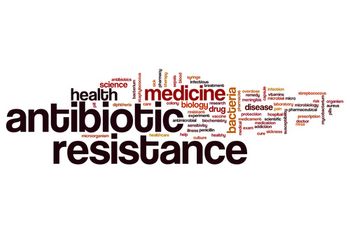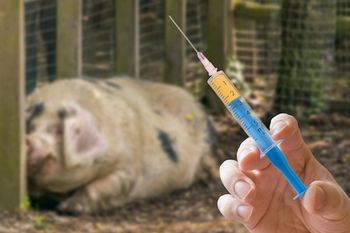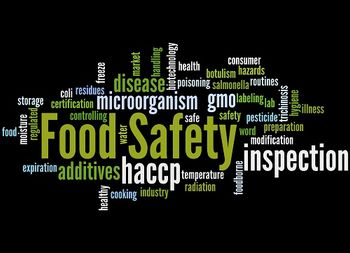
Health officials are investigating an outbreak of Salmonella Braenderup infections linked to shell eggs from Rose Acre Farms’ Hyde County Farm.

Health officials are investigating an outbreak of Salmonella Braenderup infections linked to shell eggs from Rose Acre Farms’ Hyde County Farm.

The contaminated chicken salad has sickened over 260 individuals in 8 states and claimed 1 life.

A rare cholera outbreak on Vancouver Island, Canada has been linked with the consumption of herring eggs.

In case you missed them, we’ve compiled a list of the latest recalls posted this week.

The multistate outbreak of Salmonella infections that have been linked to kratom continues to grow.

Stay up-to-date on the latest infectious disease news by checking out our top 5 articles of the week.

The Iowa Department of Health releases case counts associated with a Salmonella outbreak linked with chicken salad sold at Fareway stores.

The World Health Organization (WHO) released its first report on antibiotic resistance surveillance data.

In case you missed them, we've compiled a list of the latest US Food and Drug Administration (FDA) recalls posted this week.

A new article suggests that in order to combat antibiotic resistance in lower- and middle-income countries, particular attention needs to be paid to emerging One Health challenges.

The CDC is investigating a multistate Salmonella outbreak that has been linked to frozen shredded coconut products.

We've compiled a list of the latest US Food and Drug Administration (FDA) recalls posted this week that you should know about.

A new study suggests that Salmonella may have played a significant role in an epidemic that killed over 7 million Aztecs during the 16th century.

In a special supplement to the January 15th issue of Clinical Infectious Diseases, researchers from various institutions across the country shared the latest findings on the diagnosis and management of botulism and highlighted the need for greater clinical understanding of its symptoms and related complications.

How many of those who recovered from WWI-associated infections had residual neurological impairments that increased their risk for violence?

On National Cookie Day, it’s important to remember to avoid consuming any raw baking materials or you'll run the risk of infection.

The recent outbreak is linked with a company called Udder Milk.

While a new FDA report shows antibiotic resistance remains low among many food-borne bacteria, some pathogens are increasingly showing multidrug resistance.

A recent study of Shiga toxin-producing Escherichia coli strains reports a high frequency of STEC antimicrobial resistance to drugs commonly used in human and veterinary medicine.

CDC investigators link large norovirus outbreak in Catalonia, Spain with office water coolers.

A fast-paced world requires modern meat inspection processes, but are we lagging in our efforts?

Thirty-seven individuals have been infected in ongoing multistate Salmonella Agbeni outbreak that has been linked with pet turtles.

The CDC has issued a health advisory on a rifampin/penicillin-resistant strain of RB51 Brucella that has been contracted by a Texas resident through the consumption of raw milk.

In a new study on factors that make individuals susceptible to infectious diseases, researchers have found that cholesterol-lowering drugs may reduce susceptibility to certain diseases.

In a new literature review, researchers from the Netherlands postulate that studying fecal microbiota transplantation (FMT) can help identify novel therapeutic targets for metabolic syndromes.